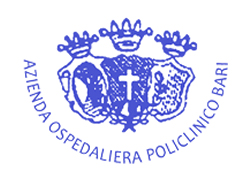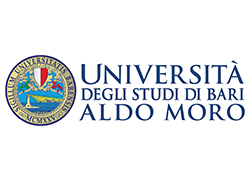Raffaele Vacca – Department of Sociology and Criminology & Law, University of Florida
Valerio Leone Sciabolazza – Department of Business and Economics, University of Naples Parthenope
Christopher McCarty – Department of Anthropology and Bureau of Economic & Business Research, University of Florida
Over the past several years a wide consensus has developed on the notion that many scientific discoveries are made in teams. A growing body of evidence shows that high-impact scientific work and groundbreaking inventions often originate in large and interdisciplinary teams. Academic institutions, government agencies and research centers in the public and private sector, now increasingly recognize that many of the problems we face today, from climate change to international migration to the translation of science into technology, are complex and need to be addressed by teams that span different disciplines and organizations. This realization has generated a new widespread emphasis on “team science”, as well as new research fields, such as the “science of team science” and the “science of science”, which study how team science happens and is sustained over time.
In medicine and the health sciences, clinical and translational research is one of the fields in which the importance of teams and interdisciplinarity has been most strongly recognized in recent years. As defined by the US National Institutes of Health (NIH), clinical and translational research has the goal of turning “observations in the laboratory, clinic and community into interventions that improve the health of individuals and the public — from diagnostics and therapeutics to medical procedures and behavioral changes”. This is often characterized as the goal of getting scientific research “from bench to bedside”. The breadth and complexity of the translational process involves a combination of research methods and substantive focuses from a large variety of fields, including the biomedical sciences, clinical research, social sciences, computer science, economics, and business administration. As a consequence, understanding how to promote, assemble and sustain multi- and inter-disciplinary teams is a top priority in clinical and translational science institutions. In a recent funding opportunity announcement for Clinical and Translational Science Awards (CTSAs), the NIH National Center for Advancing Translational Sciences urged applicants to describe how they would achieve the goals of “increased incentives for teamwork, facilitation of the assembly of multi-disciplinary translational teams, promotion of collaborative efforts, and increased knowledge and awareness of what works best in team science.”...


